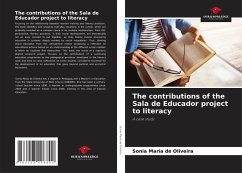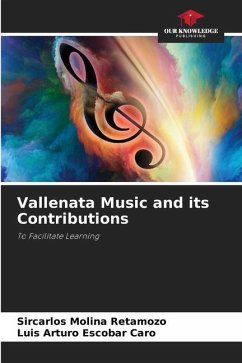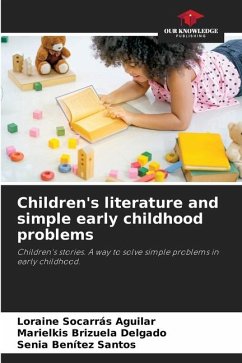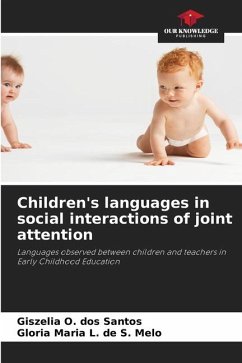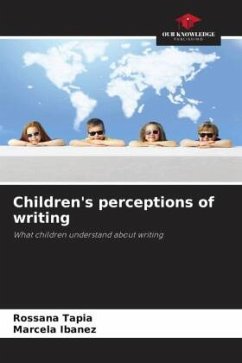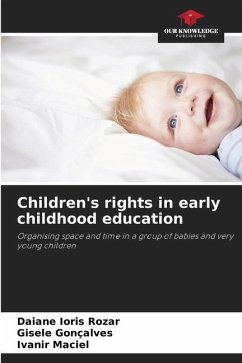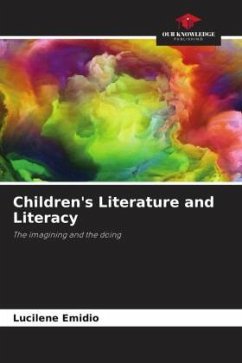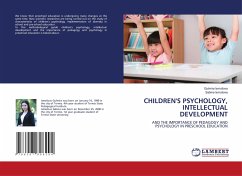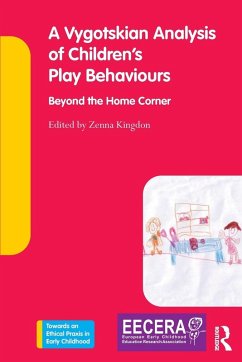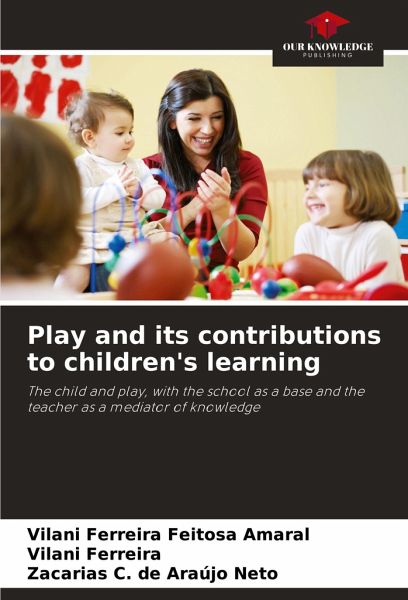
Play and its contributions to children's learning
The child and play, with the school as a base and the teacher as a mediator of knowledge
Versandkostenfrei!
Versandfertig in 6-10 Tagen
27,99 €
inkl. MwSt.

PAYBACK Punkte
14 °P sammeln!
This book analyses how play is used in child development and how it contributes to children's learning. This monograph emphasises how the school community sees the importance of play in the school and out-of-school environment, verifying the potential and cognitive abilities developed in children by the act of playing and the importance of toys in the child's teaching and learning process. The field research is exploratory in nature with a qualitative approach and the application of questionnaires with semi-structured questions. The results obtained from the research were successful in relatio...
This book analyses how play is used in child development and how it contributes to children's learning. This monograph emphasises how the school community sees the importance of play in the school and out-of-school environment, verifying the potential and cognitive abilities developed in children by the act of playing and the importance of toys in the child's teaching and learning process. The field research is exploratory in nature with a qualitative approach and the application of questionnaires with semi-structured questions. The results obtained from the research were successful in relation to the skills developed by the child at this stage of life, and it was possible to see the relevance of play and its collaboration in the teaching-learning process in Early Childhood Education and that the school is a means of encouraging new practices in the classroom and out-of-class in Early Childhood Education. Directed play can further develop the child's learning and the school, withwell-developed methodologies and trained teachers, can expand the child's cognition and subjectivity.





